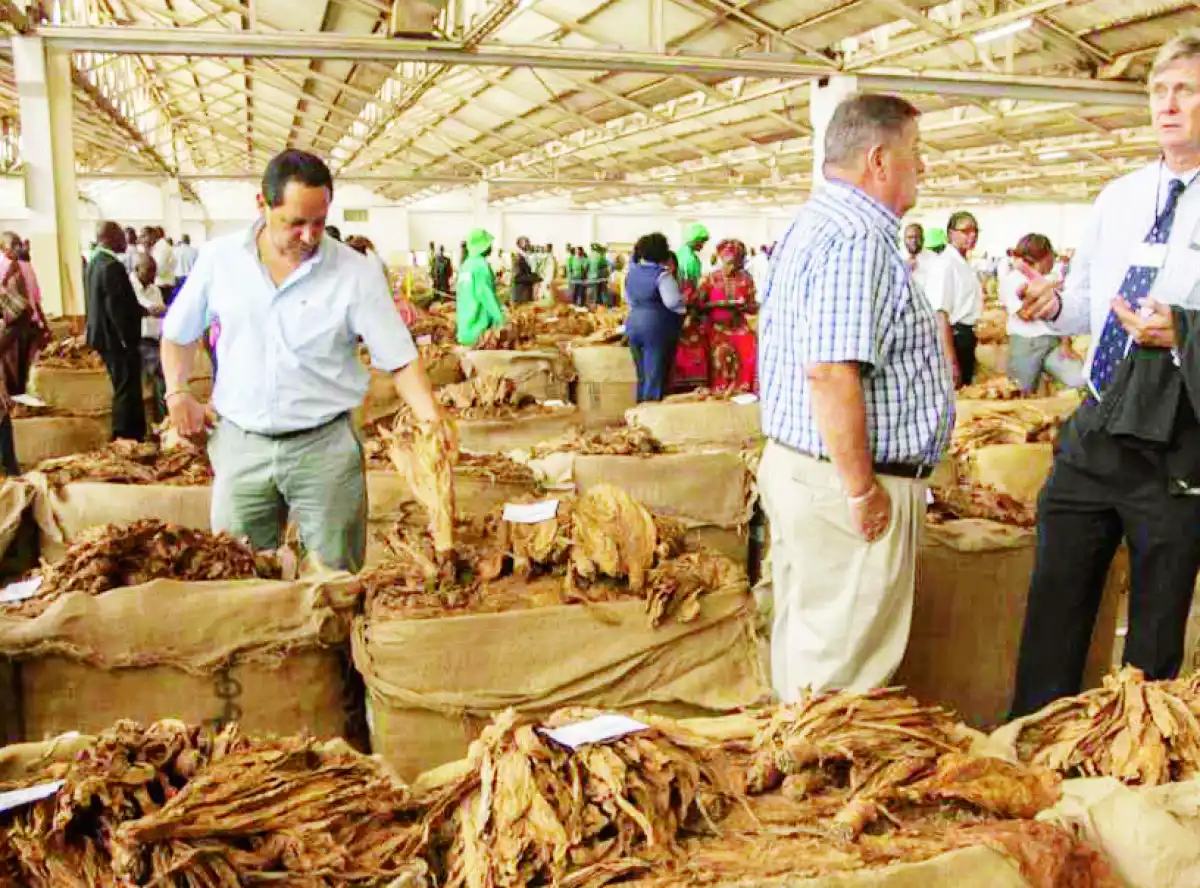
A cross the expansive savannahs and landscapes of Africa, the distinctive sight of gracefully soaring vultures is emblematic of the continent’s diverse wildlife.
Malawi plays home to such birds, including white-backed, white-headed, palm-nut and hooded vultures.
These birds perform a vital ecological role.
As they traverse the skies, they diligently scan for carrion, cleansing the environment as they hunt for food.
However, behind their majestic flights lies a story of vulnerability and decline.
These magnificent birds face unprecedented threats to their survival.
Recognising the critical role that vultures play in maintaining the ecological balance and health of ecosystems, African Parks, Endangered Wildlife Trust and Lilongwe Wildlife Trust have joined forces in a ground-breaking initiative to protect the endangered species in Liwonde, Majete and Nyika National Parks.
This collaborative effort is part of the Vultures for Africa programme, which operates across 19 African countries, including Malawi.
The programme places satellite trackers, enabling researchers to gain invaluable insights into the birds’ movement patterns, behaviour and how they use their habitats.
This pioneering approach provides crucial data for scientific research and informs targeted conservation strategies for safeguarding vulture populations across the continent.
The plight of Africa’s vultures is multifaceted.
The threats range from habitat loss and degradation to poisoning and illegal wildlife trade.
As scavengers, vultures play a vital role in cleaning ecosystems by feeding on carcasses.
This helps prevent the spread of deadly diseases and maintain environmental hygiene.
In sanitation and hygiene terms, they are called the city cleaners. They rid the ecosystem of dirt turning it spick and span.
Vultures are indeed aerial sentinels of the wilderness, playing a pivotal role in protected area management. Their keen eyesight and soaring flights enable them to detect carcass remains from great distances, effectively guiding conservationists to potential wildlife incidents.
Poachers, recognising the vulture’s role as nature’s alarm system, view them as adversaries and are quick to take action when vultures circle above, signalling the presence of carcasses.
For biologists and conservationists, vultures are invaluable indicators of ecosystem health and integrity.
Their presence signifies a balanced and functioning ecosystem, where natural processes such as scavenging and decomposition operate efficiently.
Conversely, a decline in vulture populations can signal underlying environmental degradation and disturbance, highlighting areas that need conservation attention.
However, indiscriminate poisoning, often intended to eradicate predators or poached wildlife, poses a grave risk to vultures, leading to significant population declines.
By deploying satellite trackers on vultures, conservationists gain real-time information on their movements, allowing for rapid response to threats such as poisoning.
Moreover, by identifying key habitats and migration routes, targeted conservation efforts can protect critical areas for vulture survival.
This proactive approach is essential in mitigating the impacts of human threats and ensuring the long-term conservation of vulture populations.
Furthermore, the collaborative nature of this initiative underscores the importance of conservation partnerships. African Parks and its partners bring together expertise, resources and networks to address the complex challenges facing vultures comprehensively.
By pooling their strengths, these organisations amplify their impact and leverage collective efforts toward a shared conservation goal.
The involvement of local communities is also integral to the success of vulture conservation efforts.
Through community engagement and education programmes, conservationists work hand in hand with local stakeholders to raise awareness about the importance of vultures and foster a culture of coexistence between humans and wildlife.
The collaborative program represents a milestone in vulture conservation. n








0 Comments